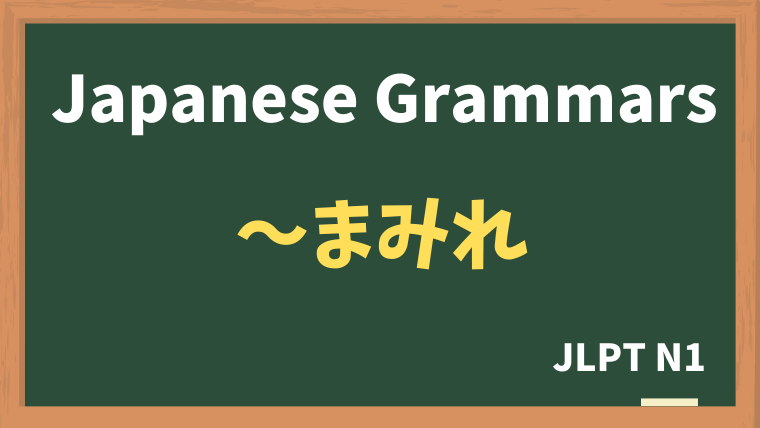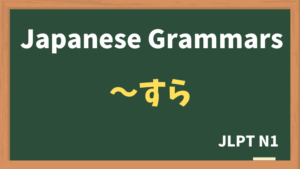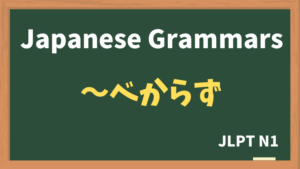
Explanation:〜まみれ
fa-check-circleMeaning
"汚いものや、よくないものがたくさん付いている"
Used to describe something being covered or smeared with a substance, often in an excessive or overwhelming way. It is typically associated with negative or messy substances like dirt, blood, sweat, or dust, implying that something or someone is entirely or heavily coated with it. It can be translated as "covered in" or "smeared with" in English.
fa-check-circleForm
N + まみれ
N:血、泥、ほころ、砂、汗、油、 etc
fa-check-circlePoints
- Covered or Smeared with Something: "〜まみれ" indicates that a person or object is covered or smeared with a substance, usually in an overwhelming or unpleasant way.
- Mostly Negative Associations: It is often used with negative or undesirable things like mud, blood, sweat, or dust, and rarely with something positive.
- Degree of Excess: The use of "〜まみれ" suggests that the substance covers a large portion of the surface, giving a sense of being completely coated.
fa-check-circleJLPT Level
N1
Sample sentenes
息子が泥まみれになって、帰ってきた。
My son came home covered in mud.
エアコンが壊れていたので、スタッフは汗まみれで働いていた。
The staff were working covered in sweat because the air conditioner was broken.
ずっと使っていないパソコンがほこりまみれになっている。
The computer that hasn’t been used for a long time is covered in dust.
部屋に入ると、血まみれの男が倒れていた。
When I entered the room, I found a man covered in blood lying on the floor.
車の修理をしたら、手が油まみれなった。
After repairing the car, my hands were covered in oil.
Vocabulary
| Japanese |
English | |
| 泥 | どろ | mud |






